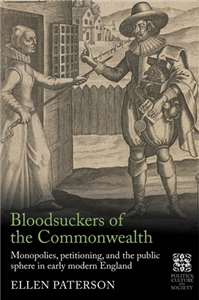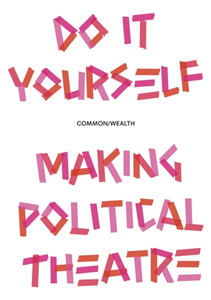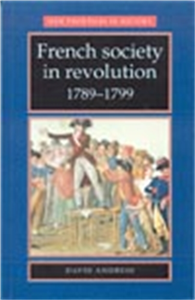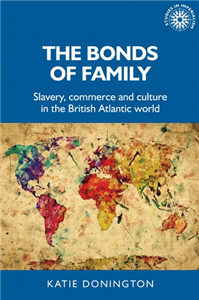National Publishing Company BICHIK
In Yakutia, every winter day is a quest! Putting 10 layers of clothing on, before you go outside, says a lot. Well, that is the tip of the iceberg! The most difficult thing is to wait until a bus arrives when it is -50°C outdoors. Therefore, it is never boring here. Adults and children of the planet would be interested in such warm books from the Pole of Cold with funny facts about life in Yakutia, traditions, history, amazing people and their incredible adventures in the coldest place of the World. Every year, we publish more than 300 titles of various children’s, fiction, study and guidance, reference books, as well as digital and multimedia publications. Over the past 5 years, we won more than 20 international and Russian prizes wherein 14 are for children's book.
View Rights Portal


























